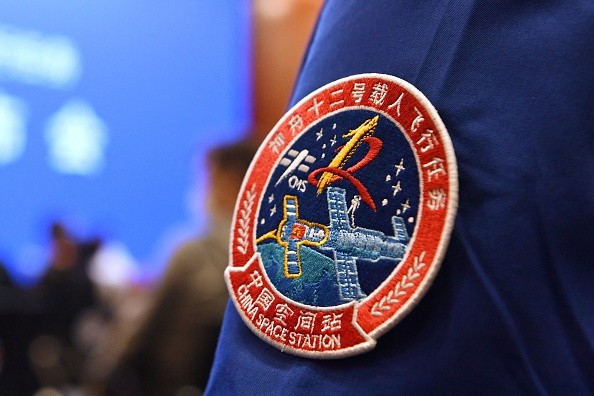China's newly successfully launched satellite, the Einstein probe, named after one of the most recognizable scientists from the modern age, will now reportedly be scouring the skies for X-ray bursts that could help understand black holes and merging stars, CNN reports.
The Einstein Probe is reportedly a joint project that also includes the European Space Agency (ESA) and Germany's Max Planck Institute for Extraterrestrial Physics (MPE).

The launch commenced on Tuesday at 2:03 a.m., wherein the Einstein Probe launched into the sky aboard a Long March 2C rocket from the Xichang Satellite Launch Center. EST (7:03 p.m. local time and 0703 GMT).
While its main mission remains clear, reports indicate that it still needs modifications even after successfully launching, as the mission crew will still need to test and calibrate the spacecraft's two principal instruments throughout the next six months.
China's Lobster-Eyed Satellite
China's satellite will still need modifications for its Follow-up X-ray Telescope (FXT), which will focus on prime objects identified in a wide view, and the Wide-field X-ray Telescope (WXT), which observes a large region of space through a lens modeled after a lobster's eye.
These instruments are reportedly going to enable the Einstein Probe to identify new X-ray sources in the night sky. X-ray sources include bursts of high-energy radiation from the collision of two neutron stars, supernova explosions, and black holes that devour gas, dust, and even stars.
CNN states that it is anticipated the Einstein probe will travel 600 kilometers (370 miles) above Earth's surface while in orbit. It is also reportedly anticipated that the spacecraft will be able to search for X-rays over the whole night sky in just three Earth orbits, or approximately every four and a half hours.
Interesting Engineering adds to the story that it is anticipated that the Einstein Probe will seek for brief and powerful cosmic events for a minimum of three years.
Confusion in Taiwan
While scientists involve lauded the launch, Reuters reports that Taiwan signalled an air raid alert when the probe flew over the archipelago.
The Chinese rocket carrying a scientific satellite passed over southern Taiwan at a height of more than 500 km (310 miles), the administration mistakenly issued an air raid warning. Later, the defense ministry issued an apology for using the incorrect translation of "missile" in the English translation.
In response to inquiries about whether it believed the satellite launch to be electoral meddling, Taiwan's presidential office stated that it did not believe there was a political motivation.
This is not the first time satellites launched from China garnered the attention of Taiwan as BBC states that Taiwanese media had previously reported on Chinese carrier rockets flying over the island in December. A Focus Taiwan article dated December 10th stated that a carrier rocket that was also launched from Xichang had flown above the southwest region of Taiwan in orbit.
Read also: China Achieves 10x Satellite Speed with Lasers: Reached 10 Gbps with Space-to-Ground Connection

ⓒ 2025 TECHTIMES.com All rights reserved. Do not reproduce without permission.




